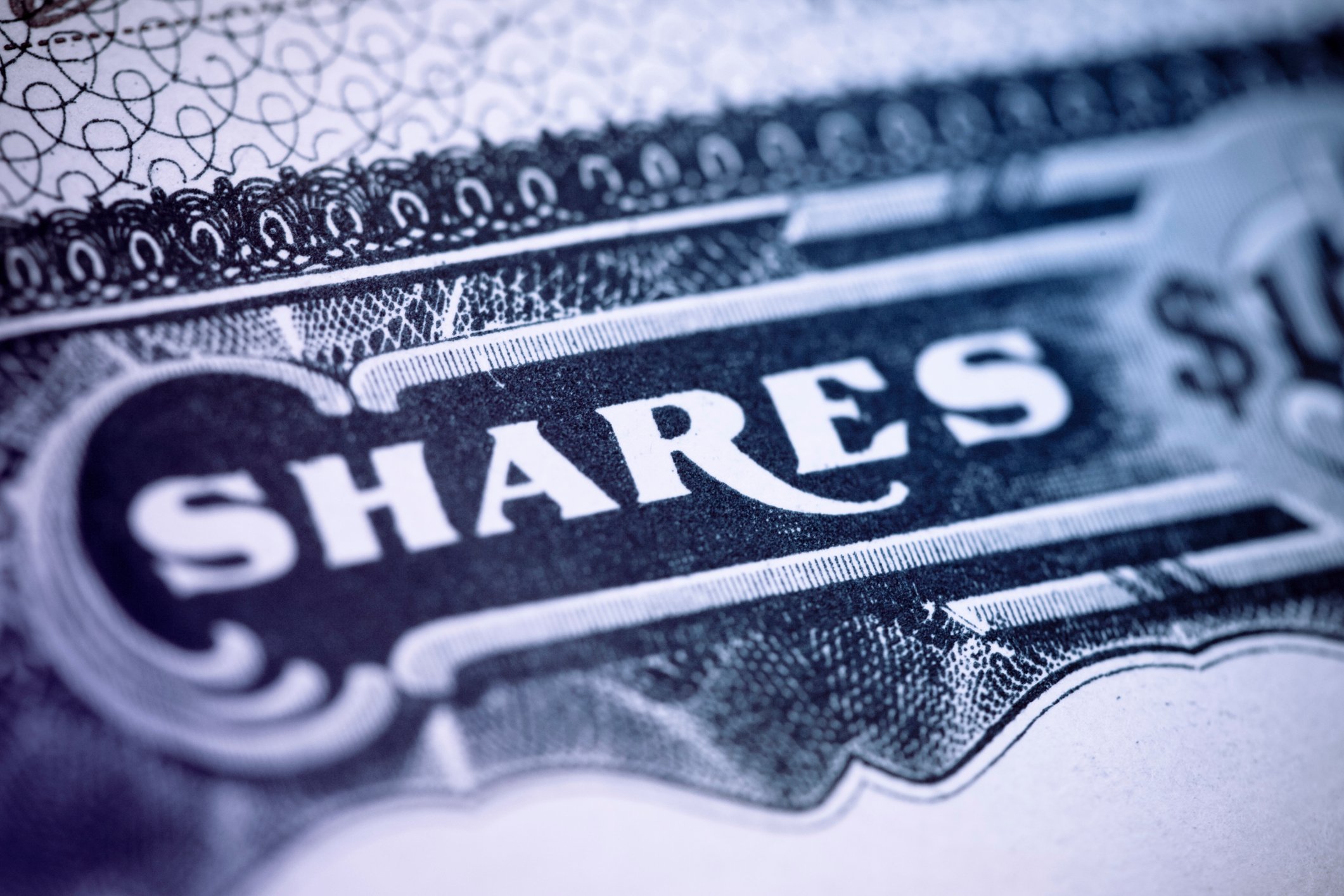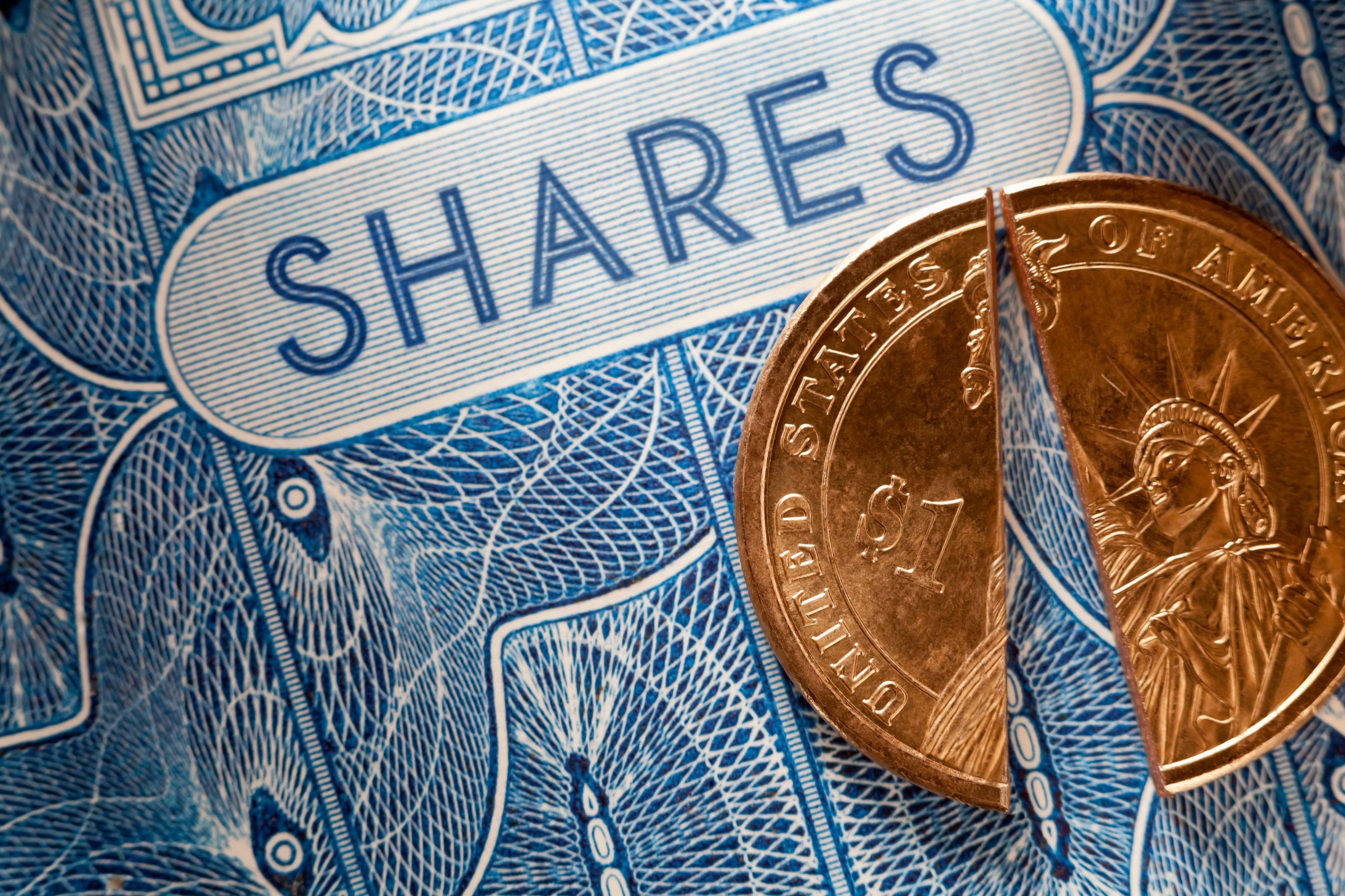All Pandora Media (P +0.00%) wants is a level playing field. If you can't beat 'em, you gotta join 'em. Put these two platitudes together and you get an interesting result: Pandora is buying an FM radio station in South Dakota.
By adding Rapid City, S.D., radio station KXMZ-FM to its mostly digital services, Pandora hopes to qualify for the same standard royalty rates and content agreements that tower-based stations already enjoy. It's kind of like screening your film festival winner in a handful of theaters for a week or so just to qualify for Academy Award nominations. It's just that Pandora isn't looking for awards. The new-wave radio maven just wants the same preferred publishing royalty rates and wide content access that any other radio station owner does.
Sure, the company also wants to run some experiments on its new asset, mainly to prove how a deep well of data on local music tastes can improve your broadcast-style radio playlist. But that's really just a side effect of a legal strategy.
KXMZ should let Pandora tap into a 2012 agreement between music licensing groups BMI and ASCAP on one hand and commercial radio alliance RMLC on the other. That accord includes publishing royalties at 1.7% of revenues, which is about one-third of the rate that online-only radio stations like Pandora pay.
Pandora isn't looking to cut its entire content costs by two-thirds. The RMLC agreement only covers fees due to songwriters, publishers, and composers. It doesn't include performance royalties. Fees to the artists who perform the songs on your radio go through a separate body called SoundExchange, and that's the lion's share of the total content costs.
Pandora pays 0.11 cents (or $0.0011) per song played, which translates into about $0.0165 per listener, per hour. Multiply that by 4.1 billion listener hours in the first quarter and you get a performance cost of $69 million -- 75% of Pandora's overall royalty expenses. So the KXMZ play isn't a huge game changer. There's plenty of work to be done elsewhere.
Even if this gambit plays out as expected, Pandora still fights an uphill battle in its quest for fair competition. Music licensing is an incredibly complicated thing, because it was quilted together from a string of separate congressional acts as various technologies started to overthrow the basic FM radio hegemony in the 1990s and beyond.
As Pandora CEO Joe Kennedy said at a Goldman Sachs conference in February, "We now have a patchwork of radio-related legislation, where broadcast radio pays nothing to performing artists and labels. There's this '95 law that governs satellite and cable radio, the '98 law for Internet radio, it's different from the '95 law, and so you have this patchwork." And that's just the fundamental legal framework, to say nothing of later deals and court orders pertaining to one special interest group after another.
Pandora pays one rate for songs from one record label and some different rate for another label's content. Sirius XM Radio (SIRI +0.00%) has a totally different menu of, again, very different rates -- even if you're streaming songs through Sirius' web browser interface or smartphone app. Looking at traditional radio giant CBS (CBS +0.00%) and the picture changes drastically again, usually toward lower or nonexistent rates.
It's hardly a fair market and Pandora is on the losing end of every comparison.
The exciting upshot of all this is, of course, what happens if and when Pandora reaches that elusive goal of fair competition across various content delivery platforms. Lower Pandora's rates to match the broader radio industry, and profits will shoot sky-high. Reaching parity by raising the rates on today's Most Favored Nation players instead, and they will need to take extreme measures to stay profitable. More advertising, premium subscription services, whatever it takes to keep the gravy train rolling. In that situation, Pandora can steal a ton of market share by doing nothing.






